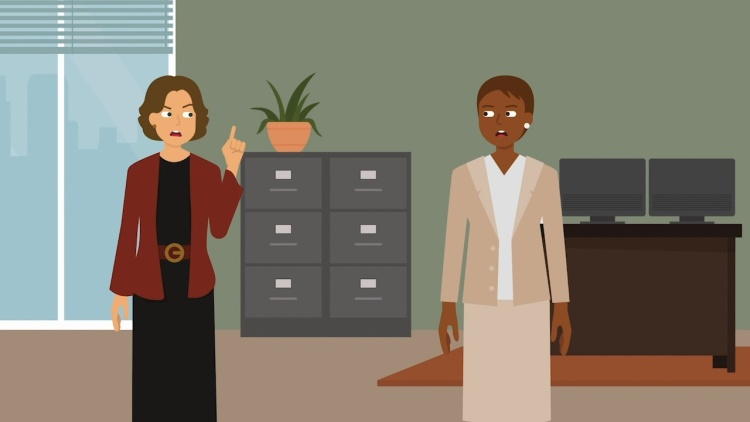People v. Traster
California Court of Appeal
111 Cal. App. 4th 1377, 4 Cal. Rptr. 3d 680 (2003)
- Written by Caroline Milne, JD
Facts
Traster (defendant), who owned a computer consulting business, was hired by a law firm to work as the firm’s computer administrator. Traster met with the firm’s administrator and told her the firm needed Microsoft licenses for all its computers. Traster told the administrator that he researched the issue and found that he could obtain the necessary licenses at a discount from the Billpoint Company, a software sales company, and that it would cost approximately $37,000. The firm’s partners approved the proposed expenditure, and Traster was given the firm’s credit card to purchase the licenses from Billpoint. A few days later, Traster resigned. When asked whether he had received the Microsoft licenses, Traster said the licenses were in a locked cabinet. This was untrue. The firm discovered that Billpoint was not a software sales company, but rather a credit-card processing company and functioned only as an intermediary between buyers and sellers. Billpoint’s fraud investigator said that Traster had set up a seller’s account with Billpoint in the name of Traster’s consulting firm. On the day the firm’s partners approved Traster’s proposal, Traster charged approximately $37,000 to the firm’s credit card to purchase software licenses from Traster’s own company. The firm cancelled the transaction with Billpoint before Traster’s account was credited. Traster was convicted of the crime of theft by false pretenses, and he appealed.
Rule of Law
Issue
Holding and Reasoning (Johnson, J.)
What to do next…
Here's why 911,000 law students have relied on our case briefs:
- Written by law professors and practitioners, not other law students. 47,100 briefs, keyed to 997 casebooks. Top-notch customer support.
- The right amount of information, includes the facts, issues, rule of law, holding and reasoning, and any concurrences and dissents.
- Access in your classes, works on your mobile and tablet. Massive library of related video lessons and high quality multiple-choice questions.
- Easy to use, uniform format for every case brief. Written in plain English, not in legalese. Our briefs summarize and simplify; they don’t just repeat the court’s language.





